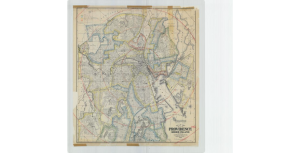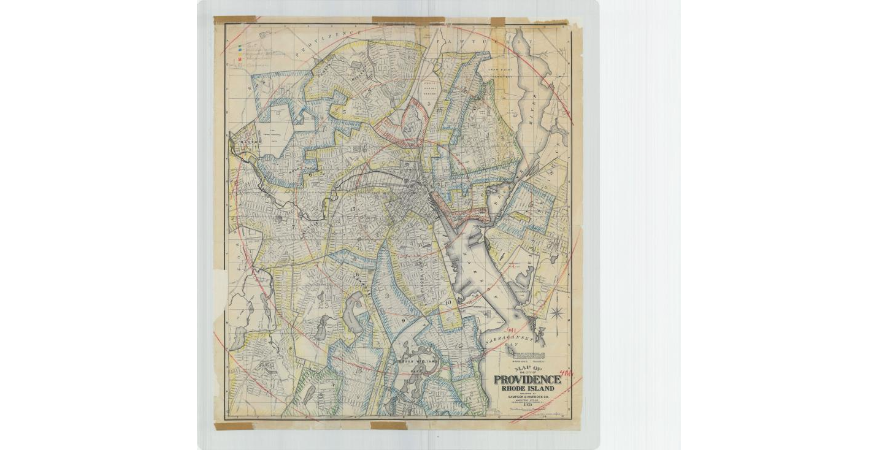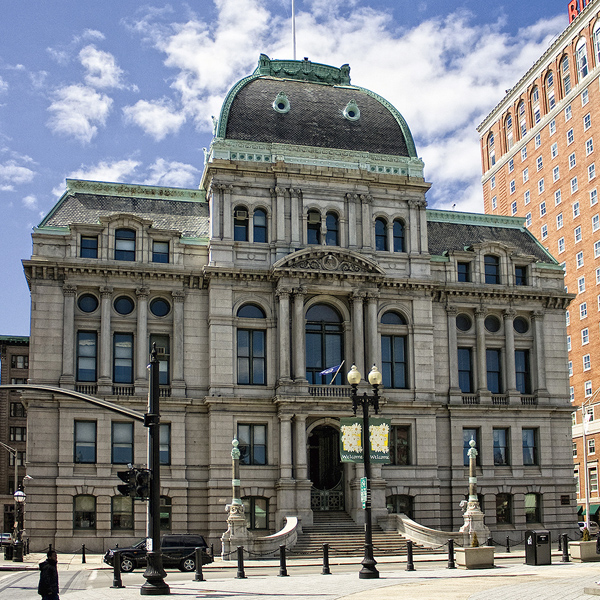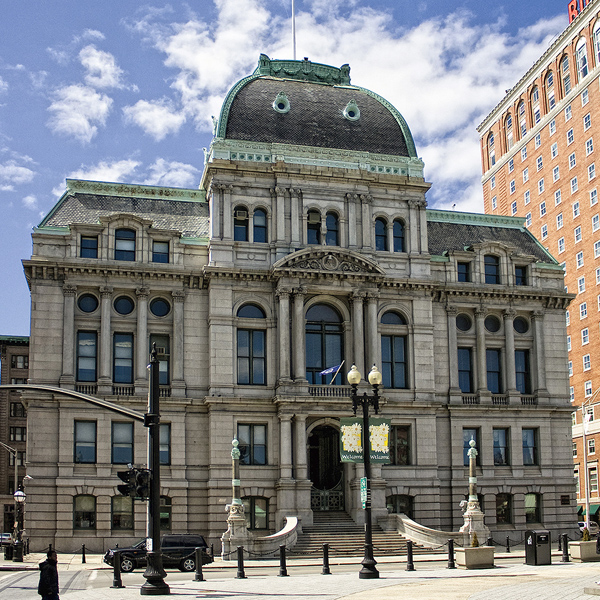The ACLU has written the City Council of Providence and Mayor Jorge Elorza calling for the rejection of Jo-Ann Ryan’s exclusionary zoning provision.
The zoning, as proposed, would limit students to three-to-a-house occupancy in Zones 1 and 1A of Providence’s zoning code. Affecting areas with large single-family homes, many of the buildings in question can house far more than three people. Exclusionary zoning has major downsides for equity, and is also a big problem for transit, biking, and other non-single-occupancy-driving modes of transportation.

The proposal passed its first test last week when City Council voted 10-3 for the provision. Zoning provisions must pass twice, and either have veto proof majorities or gain the support of the mayor, to become law. Knocking just one vote off the victory margin would allow a mayoral veto, though the prospects of such a veto are unclear.
Read: Ten PVD City Councilors voted for exclusionary zoning
As of this weekend, a tweeted email reply from Elorza representative Evan England suggested that the Mayor Elorza’s administration was leaning towards support of the provision, though the language was vague enough to leave the administration open to changing its position (Hat-tip, Patrick Anderson, Projo).
The ACLU joins critics of the zoning provision, which have included the three “no” voters on City Council, Transport Providence, Greater City Providence, and Eco Rhode Island News.
In the letter to the Council, ACLU of Rhode Island executive director Steven Brown stated that, “The ordinance’s undue stigmatization of Providence’s students is contrary to the City’s reputation as a robust host to the local colleges and universities. The focus on this one criterion is unfair and extremely unlikely to help resolve any of the legitimate concerns prompting calls for action in the first place.”
The letter cites rejection by Rhode Island courts of similar laws, citing a 1994 Narragansett zoning provision that attempted to keep non-related persons from cohabitating (This answers a question I had had–a reader pointed out that Providence indeed also has such a law, preventing more than three unrelated persons from living together, and wondering whether the zoning law was ever enforced. It must be left over from before such provisions were struck down in the courts). Quoting the judge who rejected the provision, the ACLU letter shows how arbitrary many zoning provisions truly are:
“It is a strange—and unconstitutional—ordinance indeed that would permit the Hatfields and the McCoys to live in a residential zone while barring four scholars from the University of Rhode Island from sharing an apartment on the same street.”
The City Council is scheduled to vote on second passage of this ordinance at its meeting this Thursday, September 17.
A full copy of the RI ACLU’s letter is here.
If you haven’t contacted your city councilperson and the mayor, contacts for both along with voting records are in the original RI Future profile on this issue, here.
~~~~




 Councilman Kevin Jackson, Ward 3, Mt. Hope (my councilman)
Councilman Kevin Jackson, Ward 3, Mt. Hope (my councilman) Councilwoman Jo-Ann Ryan, Ward 5, Elmhurst
Councilwoman Jo-Ann Ryan, Ward 5, Elmhurst  Councilman Michael Correia, Ward 6, Manton
Councilman Michael Correia, Ward 6, Manton Councilman John Iggliozzi, Ward 7, Silver Lake
Councilman John Iggliozzi, Ward 7, Silver Lake Councilwoman Carmen Castillo, Ward 9, Elmwood
Councilwoman Carmen Castillo, Ward 9, Elmwood Council President Luis Aponte, Ward 10, Lower South Providence and Washington Park
Council President Luis Aponte, Ward 10, Lower South Providence and Washington Park Councilwoman Mary Kay Harris, Ward 11, Upper South Side
Councilwoman Mary Kay Harris, Ward 11, Upper South Side Councilman Bryan Principe, Ward 13, Federal Hill and the West End
Councilman Bryan Principe, Ward 13, Federal Hill and the West End Councilman David A. Salvatore, Ward 15, Elmhurst and Wanskuck
Councilman David A. Salvatore, Ward 15, Elmhurst and Wanskuck Councilwoman Sabina Matos, Ward 16, Olneyville
Councilwoman Sabina Matos, Ward 16, Olneyville